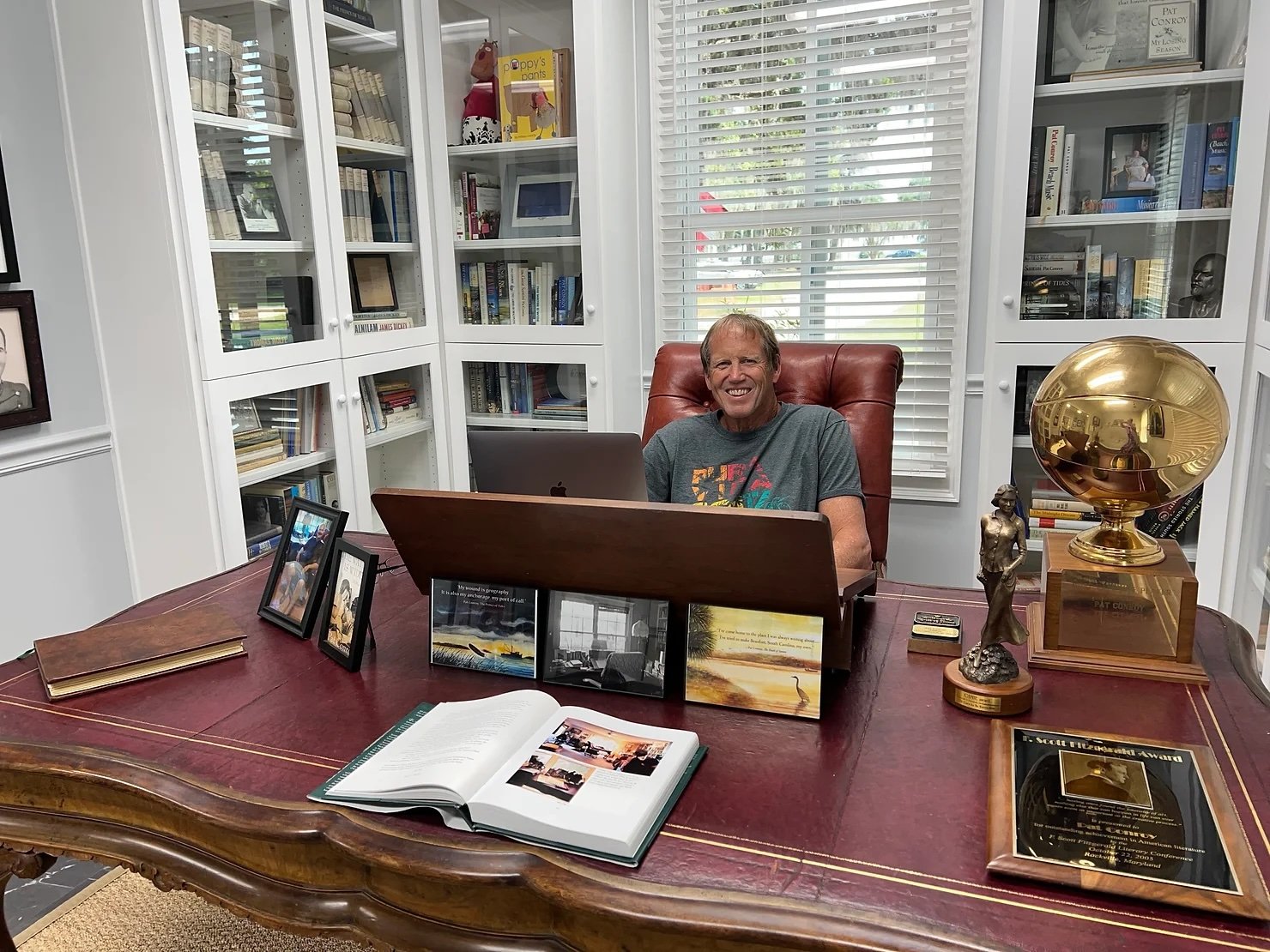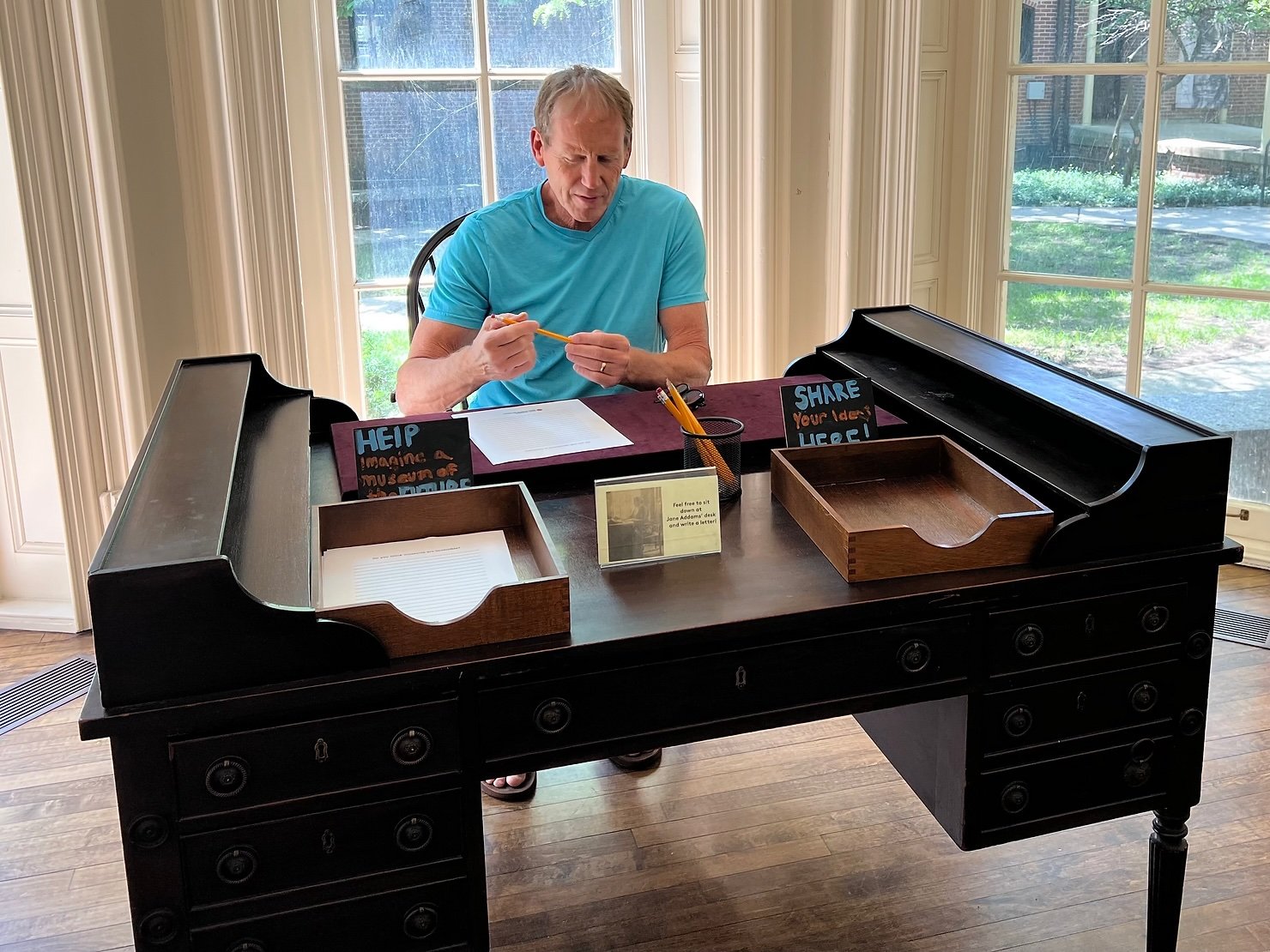Dedication and Preface
Dedicated to my teachers and students who, as the years pass, are indistinguishable.
Preface
Not only did I not plan to write this book, I wasn't sure I wanted to write at all.
Part of the purpose of my around-the-country expedition was to decide what to do with the rest of my life, and I was wavering on writing.
I was was discouraged by multiple setbacks:
For 12 years I wrote a column for the Bay Area News Group, but when the paper downsized and merged, my column was cut.
I published four books, but none were close to being a best seller. I wouldn't even call them sellers.
Several independent book stores refused my request to sell Missing Pieces on consignment, usually citing that I wasn't a local author (without reading a word of the book).
My latest project, The Meet-up Journal, has been rejected by 20 guided journal publishers, and I know it's good! I know it's needed.
Why write if nobody is interested? I thought. Why write if nobody is reading?
But as the trip progressed, I kept thinking about what Abraham Verghese said when asked why he decided to pursue medicine. (Besides being an elite, best-selling novelist, he's a physician and Vice Chair of Education at Stanford Medical School.)
Divergent thought: How is it that some people can be so astonishingly gifted and extraordinarily accomplished? Should the rest of us be in awe? Inspired? Intimidated? Envious?
Oprah: How did you know that medicine was for you?
Verghese: In Of Human Bondage, Somerset Maugham writes, "Phillip saw humanity there in the rough (a medical ward), and he said to himself, 'This is something I can be good at.' "
Verghese went on to say that he always saw himself as a physician first and a writer second. Then he realized he wasn't with Oprah because he's a doctor, but because he wrote The Covenant of Water. For the first time, he was willing to call himself a writer.
Somewhere on the East Coast (North Carolina, I think) that's what I decided to do — be willing to call myself a writer. You know why? Because I still think it's something I can be good at.
But that didn't mean I'd write this book. Would many (any) care about my idiosyncratic curiosities and soul-searching thoughts?
Maybe.
Because what I love most about reading isn't necessarily the story (although a good one definitely helps). What I love most is being let in on a writer's thoughts.
When my favorites (Verghese, Pat Conroy, Maria Popova) think something I think, it comforts and reassures me. When they share original, educated, enlightened perspectives, I'm intrigued. I want to read more. Learn more. Grow.
My Vital Lesson — It's the People; It's Always the People won't include sensational stories or electrifying adventures because I didn't have any.
The closest thing I had to drama was being pulled over by an Illinois state trooper for going 75 in a 70 MPH zone. (I asked the young cop if he'd share his most vital lesson. He refused, but let me off with only a warning.)
I have stories. Mostly, though, I have thoughts, ideas and perspectives that bloomed during long stretches of open highway and while talking deeply with so many smart, kind people. (I can't wait to introduce them to you.)
If I write well (I'll try my best), maybe my thoughts will comfort and reassure you. Hopefully, you'll be intrigued and want to read more. Learn more. Grow.
After all, I'm a teacher.
And a writer.
Pat Conroy's desk (Pat Conroy Literary Center, Beaufort, South Carolina)
Jane Addams' desk (The Hull House, Chicago, Illinois)



